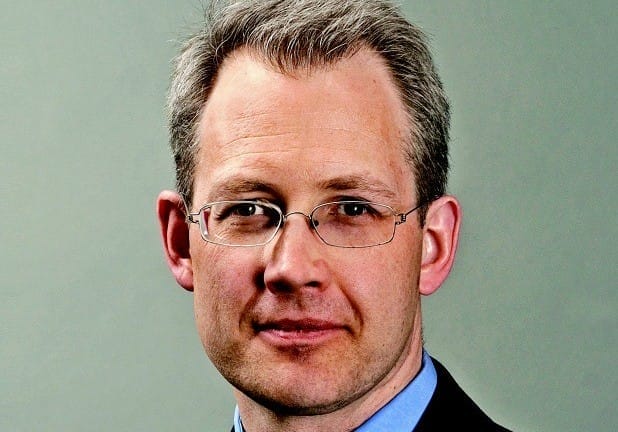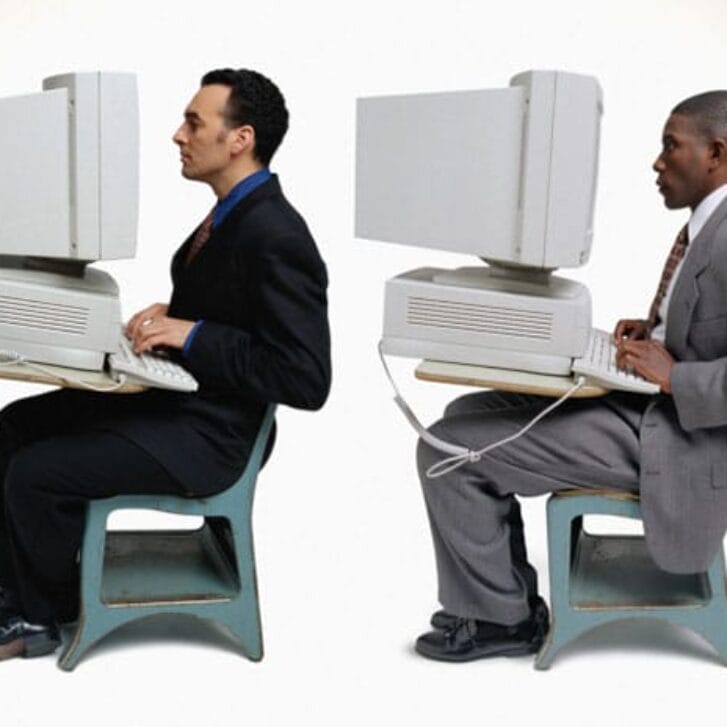Wharton Magazine: With the establishment of Dean Robertson’s “three pillars”— innovation, global presence and social impact—why is innovation such an important component, and what is the role of the Innovation Group?
Karl Ulrich: Globalization and information technology, among other forces, are upending the educational models of elite business schools. I believe that institutions that fail to take advantage of this period of disequilibrium through innovation will be displaced by more aggressive rivals. The Dean formed the Innovation Group at Wharton to create, identify and develop exceptional opportunities to improve the performance of the School with respect to any of its objectives, including education, knowledge creation and outreach.
WM: There has been some buzz in the media about a Lifelong Learning Initiative for alumni. Can you describe what Lifelong Learning means at Wharton?
KU: The Lifelong Learning Initiative aims to provide educational resources beyond graduation that maximize achievement for Wharton alumni, in whatever organizational context they find themselves. The initiative is a response to the reality that professionals will face substantial changes in the environment in which they work over their careers, and they will take on many different roles over their careers as well. Wharton is the first business school to make lifelong learning an institutional priority and to pledge to its students and alumni that it will continue to meet their educational needs over their entire lifetimes.
WM: Why is the Innovation Group taking the lead on the Lifelong Learning Initiative?
KU: The Lifelong Learning Initiative is the result of collaboration across the many units of the School, specifically Alumni Relations, Executive Education, and our undergraduate and graduate divisions. It must also take advantage of our pre-eminent information technology organization. The processes that make Wharton so good at delivering established programs and services do not necessarily excel at creating new programs and services. The Innovation Group has been able to play a catalytic role in nurturing development of new ideas and program delivery across our operating units.
WM: You note that the Innovation Group approaches things differently to produce results. What is your process and how is this different from the way that programs are usually developed?
KU: My entire career has been spent in researching and teaching innovation and product development. I’ve also created several successful new ventures as an entrepreneur and innovator. I believe the most reliable and successful innovation process, which I both practice and preach, starts with an understanding of the needs of the target audience. Thus, we have driven our innovation effort in Lifelong Learning with an understanding of alumni needs. Our crossfunctional project team has conducted interviews and focus groups with about 75 alumni working in many types of organizations and at many different life stages. We are currently following up on this qualitative research with some quantitative surveying to better understand how needs differ by alumni segment.
WM: What have you learned from the alumni so far? What does this mean for the Lifelong Learning Initiative?
KU: We look forward to reporting on our findings, but our early results are already providing valuable insights. For instance, one of the needs we have uncovered is for alumni to learn from each other, in peer-to-peer coaching and in sharing their experience and insight with one another. Wharton alumni are incredibly accomplished individuals who together have expertise spanning the universe of business and management. We believe that the School through the Lifelong Learning Initiative can serve to coordinate a dynamic exchange of knowledge in this community.
WM: What will be the significance of innovation and lifelong learning going forward?
KU: The alumni community can look forward to the School both providing unique and valuable information relevant to current career challenges and facilitating learning from other alumni. We believe that a Wharton education can extend over an entire lifetime, and that this promise is one way in which the School will continue to set the standard for business education globally.
























